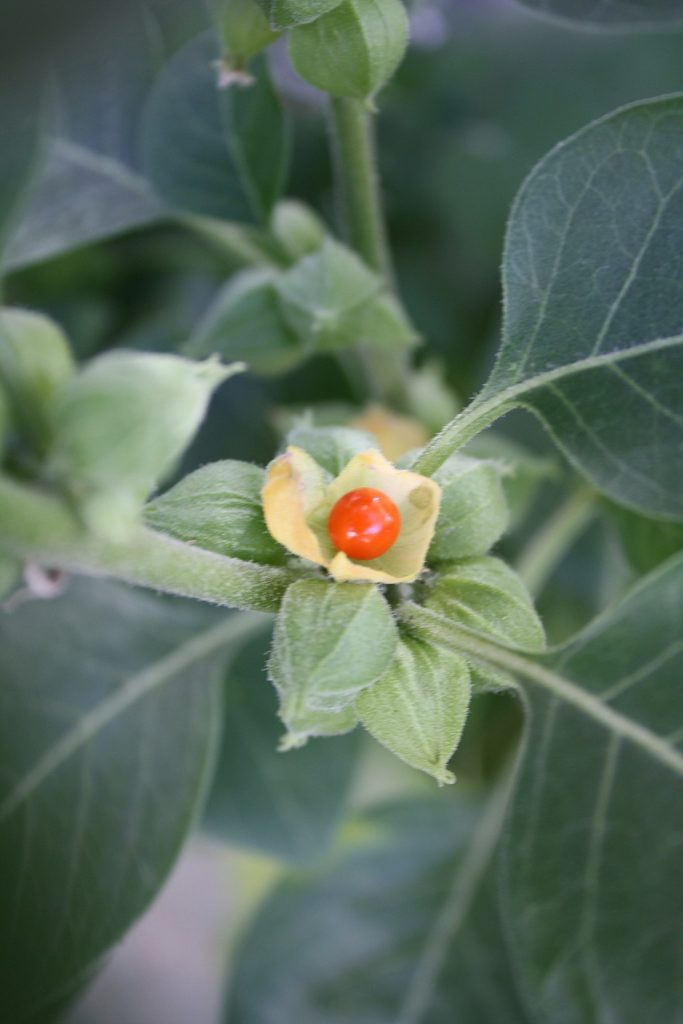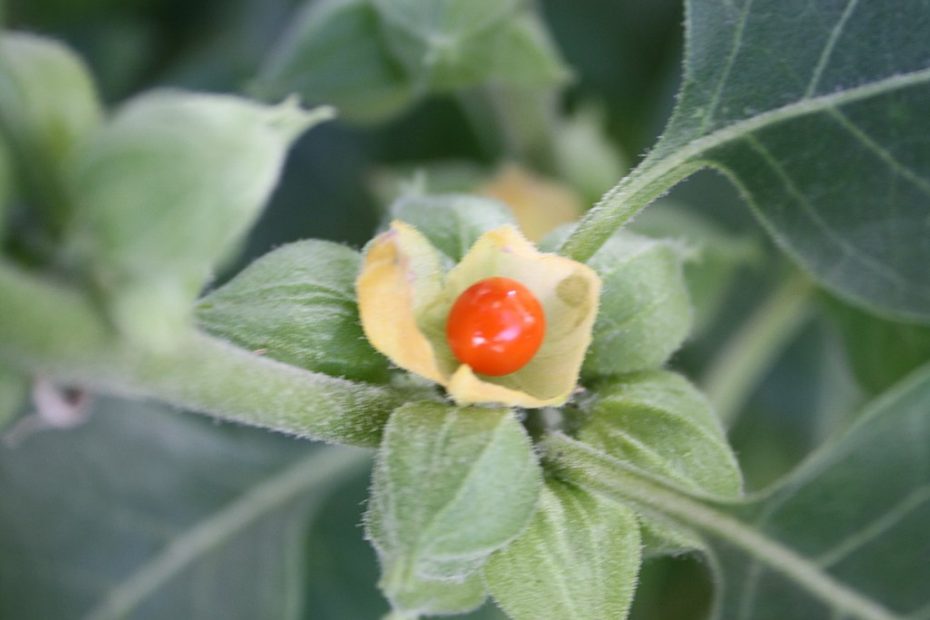Indian Ginseng or “ashwagandha” is called The Wonder Root in the West.

By Wowbobwow12 at English Wikipedia, CC BY-SA 3.0, LinkAshwagandha, the wonder root, has been known for a long time as a potent, non-toxic plant.
Ashwagandha treats and alleviates a variety of conditions. It improves overall health and longevity in healthy people.
In this article, we’ll give you insights on this herb, its contents and how to supplement with it.
Let’s get to it!
What Does Ashwagandha Contain?
The thing about ashwagandha is that it contains a flurry of potent, active ingredients, such as:
- Alkaloids
- Steroid lactones
- Vitaminoids
All of these have active effects on the central nervous system, immune system, cardiovascular and respiratory systems, as well as the lymphatic system.
What Are Some Uses of Ashwagandha the wonder root?
In ayurveda (healthy lifestyle indian system), ashwagandha is classified as a “rejuvenating” ingredient.
It improves health on both a physical and mental level. It helps the body renew cells and fight diseases and other conditions.
Ashwagandha treats many diseases.
A fun fact is that the latin name of the root is “Withania Somnifera” and that basically means “sleep-inducing” when literally translated.
That is to say that Ashwagandha can have a positive effect on your stress levels, helping you lower them.
How Do Use Ashwagandha?
Every part of the plant is used in traditional Indian medicine.
There are a variety of ways to prepare the brew and you can even do so by brewing it in milk, to get rid of the unpleasant smell.
The studies and research done for ashwagandha, make it one of the best-known, proven to work herbs.
All these studies point us to the conclusion that ashwagandha is potent for:
- Anti-Inflammation
- Immune Modulation
- Anti-Stress
The Ashwagandha root extract has anticancer substances inside it.
In Ayurveda, the ashwagandha brew improve overall health, longevity and quality of life.
Are There Side Effects?
This plant is safe in proper amounts.
Intoxication is extrememly rare. There is a single case recorded. A young woman developed thyroid intoxication symptoms, after increasing her intake.
Needless to say, everything in excessive amounts may be harmful, so consider your intake and current state.
Who Shouldn’t Take It?
Make sure to advise with your doctor if you fall into any of the categories below
- Pregnant/lactating women
- People with thyroid disease
- People that already use prescribed medicine
What’s The Recommended Dose?
Ashwagandha is a plant, used in many formulations of supplements, so odds are you will stumble upon some of those products.
Your best bet is to use the recommended dosage on the product label.
Nevertheless, if you are only using the plant’s extract, you can use 250-600 mg a day.
A dose is proven to alleviate cortisol levels by up to 30%.
Conclusion
It is a fact that your protein, fats and carbs play a major role in your health, but the truth is that there is much more than just calories and macronutrients.
Finding certain plants and learning how to use them for their active substances, may be one of the most nourishing things you can do for the body.
Ashwagandha is a perfect example for such a plant, as it is viable for stress management, recovery, inflammation and a variety of conditions and diseases.
Try this root and see the benefits for yourself!

